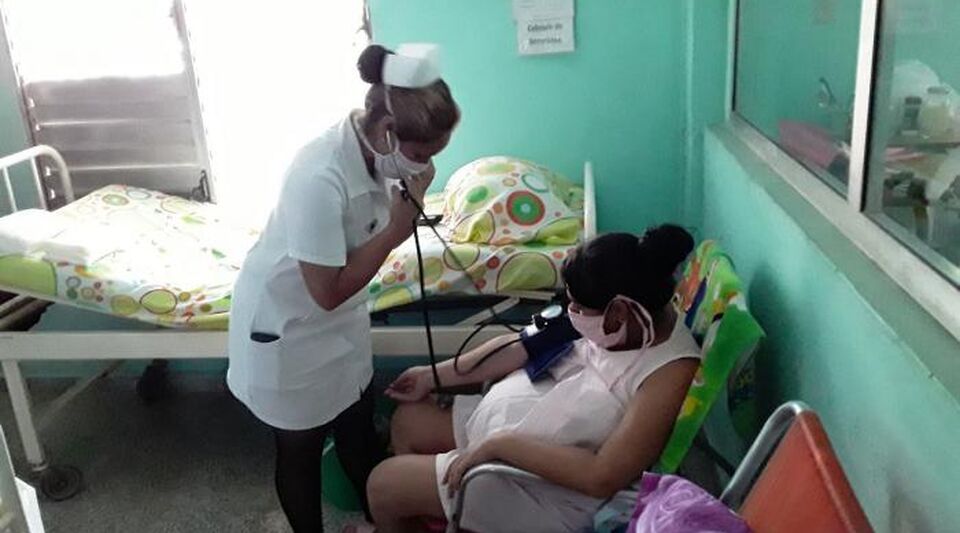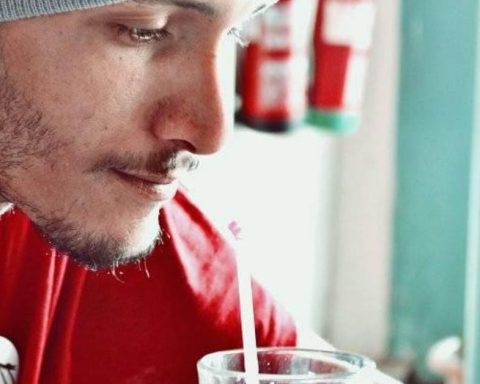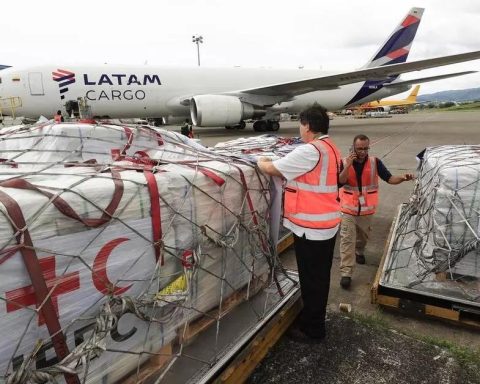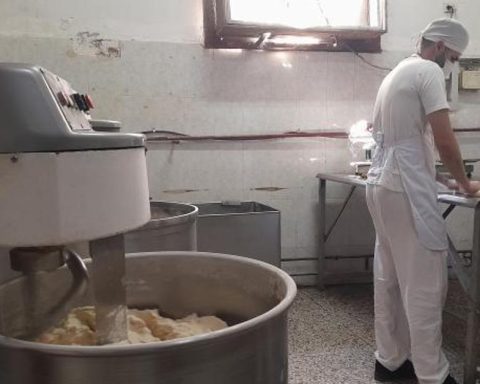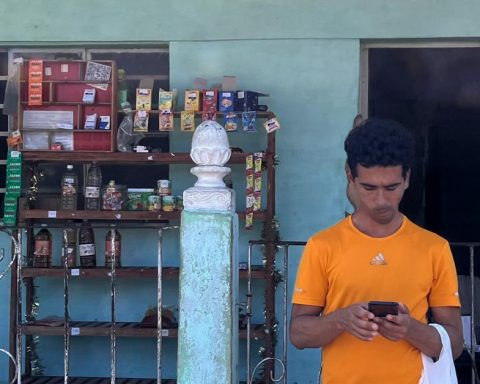It’s only been three months since the cuban press addressed the island’s low fertility rate. It was in a report in the Sancti Spíritus newspaper, Escambray, in which an explanation was sought for the plummeting figures and, although it was admitted that it was multifactorial, the conclusion, in bold, was that “women of childbearing age continue to prioritize, in most cases, projects personal before maternity”.
The version is now lying with an article published in Cuba Young that cubadebate play this tuesday and in which there is no room for doubt: the economy has been a determining factor for the worst possible figures to be given in recent years: lowest birth rate in 55 years this 2021, with 8.9 per 1,000 inhabitants , and the lowest fertility rate for decades, with 1.52 children per woman, in 2020.
In it ranking In the world, most of the countries with very low birth rates are among the most developed, from South Korea (0.9) to Spain (1.24) or, among the closest, Puerto Rico (1.48). But comparing the causes –although without failing to mention them– is finally over. “After the monetary rearrangement and the galloping inflation, the economy becomes the main reason why Cuban women of childbearing age give up or postpone maternity,” the text admits.
Pregnant women resort to social networks and the black market to get hold of these kits, which can cost between 3,000 and 5,000 pesos.
The string of dramas faced by a couple who are going to have a child on the Island begins before it arrives, admits the text, which clearly speaks of caesarean section kits, a batch of necessary supplies in case of having to go to a hospital , where it costs more and more to have material as basic as gloves. Pregnant women turn to social networks and the black market to get hold of these kits, which can cost between 3,000 and 5,000 pesos.
But when the babies are born, the most complicated part arrives. Not only is it difficult to acquire a crib, a layette or a car, it is increasingly impossible to find healthy food for adequate growth. “If the children are bad eaters (as mine is) it is terrible to vary the food,” says one of the interviewees.
Although the remuneration during postnatal leave is, on paper, among the most beneficial in the region (100% remuneration for the first three months and 60% the following), low wages make the norm a dead letter. The Cuban women interviewed for this report consider it a utopia to involve men more in raising children if coverage is not improved during leave. “If I represented a little more, maybe my husband wouldn’t have to be working the way he is and could be a little more involved.”
“There are no meters of antiseptic cloth, nor the crib, nor the mattress. So, I have to look for all these products in a parallel market, a black market, where you often find what they stopped selling you in the state basket itself “, says another of the interviewees. Complaints like this were frequent in the independent press in recent years, but the ruling party had not put them black on white with such clarity until now.
“I am not willing, in the conditions that exist today in this country, to have another child because that would mean taking time away from my quality of life, which is also very important.”
The deficient coverage of children’s circles, which are now beginning to be supported by the little houses –private but still very little extended on the Island– is another challenge, since after the year of leave, women must choose to have to pay for these non-state services, depend on relatives who can provide support or stop working , a situation that remains over time, because the schools do not put an end to the situation either.
The situation is so sad that most women, despite the perpetual crisis in Cuba, admit that their children have or will have much worse childhoods than they had. And not to mention leisure. “If you decide to buy that medicine, you can’t take the child somewhere for a walk or to the beach, for example, now the seats are almost a thousand pesos, and if my maternity leave is 2,500 pesos, I can’t afford it,” account another.
For the article, psychologists have been interviewed who talk about the difficulties of facing motherhood, which already in the best conditions implies a change of course in the lives of women that requires adaptation and support. In the current circumstances in Cuba, the problems are multiplied by a thousand.
“I am not willing, under the conditions that exist today in this country, to have another child because that would mean taking time away from my quality of life, which is also very important,” says one of the women interviewed, who adds that there must be “a change of mentality, a will from the State, from the Education system, to end that inequality gap that has always existed, but in recent years it has opened up even more”.
None of the testimonials aspires to have more than one child, although the only one who has done so claims to be more aware with experience of what is most important and what can be renounced.
“We must be more proactive, it is urgent to address the issue because the country is aging and with it the hopes of a part of the population are dying,” added the text, which considers the demographic problem an “alarming” problem. And that does not touch massive emigration, which is the third leg, together with ageing, of the serious situation.
________________________
Collaborate with our work:
The team of 14ymedio He is committed to doing serious journalism that reflects the reality of deep Cuba. Thank you for accompanying us on this long road. We invite you to continue supporting us, but this time becoming a member of our newspaper. Together we can continue transforming journalism in Cuba.
